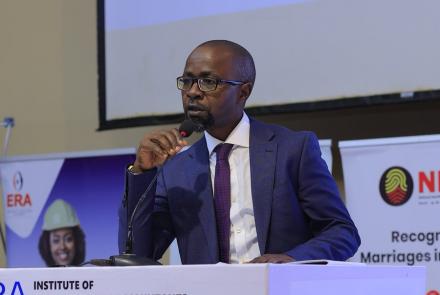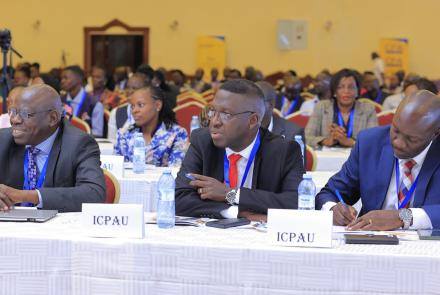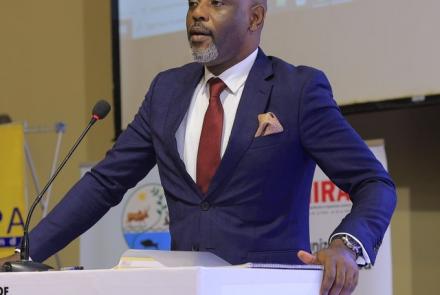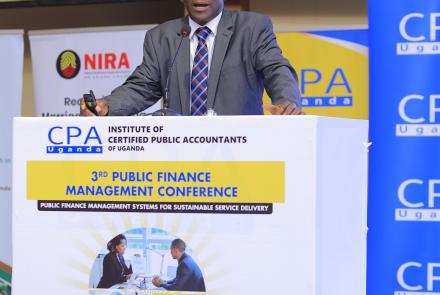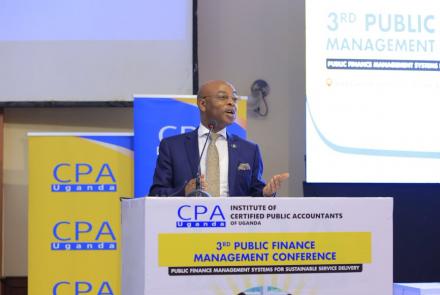By Caroline Nassuuna
Hajji Bashir Juma Kizito, the Deputy Chief Executive Officer of the Buganda Land Board, has emphasised the need for due diligence in managing land transactions.
“It is important for a buyer to carry out due diligence that involves the physical inspection of the property; this time, not to find out if the land exists but to ascertain if the land has developments, whether they belong to the vendor and if not, who is in possession and why,” remarked Joseph Kyazze, a senior partner at Magna Advocates and lecturer Civil procedure and land transactions at the School of Law Makerere University.
Land is a finite, non-renewable resource that underpins countless aspects of human life. It provides a foundation for agriculture, housing, industry, infrastructure and ecosystems, therefore making everyone involved in a land transaction, either directly or indirectly.
This underscores the need for the public to understand the critical steps in securing land. The law in Uganda stipulates that land ownership can be proved by a certificate of title for Mailo, freehold or leasehold land. In case of unregistered interest like Kibanja, proof may be by occupation (positions held) and developments, certificate of occupancy or customary ownership, recognition by the landlord, for example, Buganda Land Board cards for registered bibanja owners.
He also emphasised the need for physical inspection in the vendor's presence. This ascertains whether he can be identified by those on the ground, including neighbours and local leaders, and his knowledge of the boundaries.
“It is equally advised to carry out a formal or informal boundary opening exercise during the inspection using a professional certified and registered surveyor. This is helpful in identifying any overlaps, encroachment, consistency of acreage of the land on the ground and on the title and other features on the ground,” added Kyazze.
Hajji Kizito also noted that most buyers tend to carry out the boundary opening exercise after transactions have been made or when disputes arise, thus leaving them in danger of losing the property acquired.
“It is important to confirm the identity of the buyer. Confirm that they are citizens of Uganda, or if they hold dual citizenship and can therefore legally hold Mailo or freehold or customary land,” emphasised Hajji Kizito.
If the vendor is a company or corporation, be sure to find out who is authorised to transact on its behalf. Is there any need for a resolution or power of attorney or any other form of mandate, are any consents required, or is any seal required? Is it a transaction in respect of land where the government has an interest and requires the approval of the Attorney General?
In cases where the vendor is an administrator or a set of administrators, do they have a valid grant? Were they registered on the title, or is the title still in the names of the deceased? Are there beneficiaries on the land? Find out how to deal with the land subject to beneficial claims.
The presenters could agree less about the importance of negotiating to agree terms and, recently, to execute an agreement of sale. Agreements for land transactions may be formal or electronic. Hitherto, a transfer form and handing over of title and possession would suffice.
Accountants were cautioned to be mindful of the tax obligations that arise from land transactions or dealings in land. These may include withholding tax, capital gains tax and stamp duty. Determining who is supposed to meet these costs at the negotiating stage is equally important.
There are no set criteria, whether under the law or in practice, for managing a successful land transaction. The nature of due diligence and the steps required will depend on the peculiar nature of the transaction.
The accountancy fraternity gathered for the 29th ICPAU Annual Seminar of the Institute of Certified Public Accountants of Uganda from 4-6 September 2024 at the Imperial Resort Beach Entebbe, and online. The 29th Annual Seminar was held under the theme, Driving Sustainability and Trust, and there were over 1,700 participants.
END

